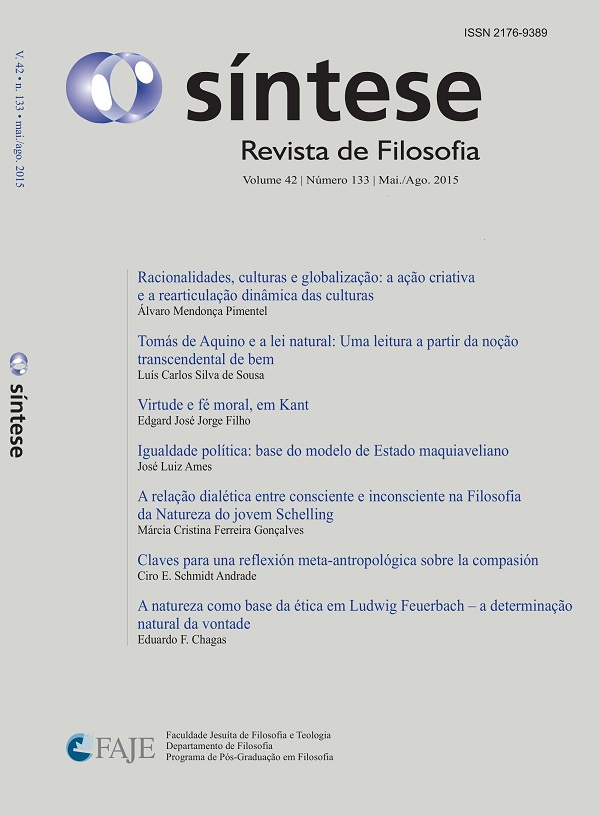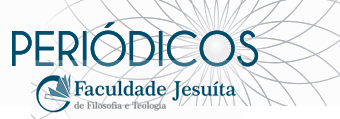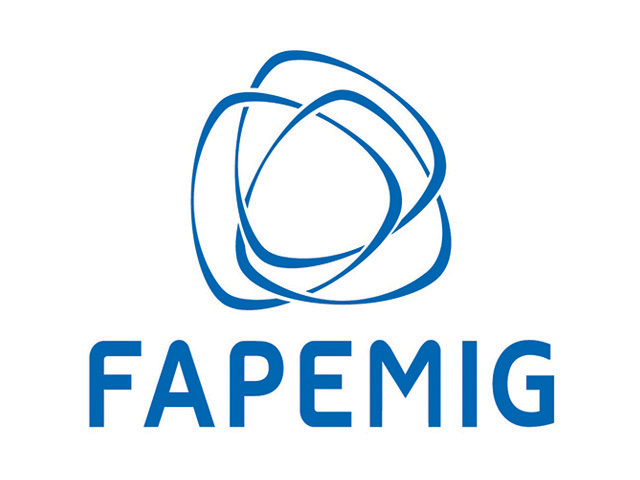A NATUREZA COMO BASE DA ÉTICA EM LUDWIG FEUERBACH - A DETERMINAÇÃO NATURAL DA VONTADE
DOI:
https://doi.org/10.20911/21769389v42n133p297-314/2015Palavras-chave:
Feuerbach, Natureza e Ética, Determinação Natural da Vontade, Liberdade e Necessidade.Resumo
Trata-se aqui de uma exposição da ética materialista de Ludwig Feuerbach, que procede a posteriori a partir da experiência. Ele rejeita toda ética apriorística, transcendental, ilimitada, indiferente, imediata, pura, vazia de conteúdo, abstraída das determinações da situação concreta. Segundo ele, tal ética se baseia numa vontade incondicionada e indeterminada, ou seja, numa pretensa liberdade humana, independente tanto dos limites e das leis da natureza externa, quanto da natureza interna, da determinação corporal e das necessidades naturais humanas. Apesar disso, não há, todavia, em Feuerbach um determinismo ou uma negação da vontade. Ele defende que a vontade humana não é absoluta e incondicionalmente livre, De fato, ela é condicionada pelo tempo, pelo momento histórico, pela idade, por meios materiais e sensíveis, pela situação ambiental, pelas condições e circunstâncias da natureza, como alimento, vestimentas, luz, ar, água, espaço e tempo. Na verdade, ter vontade é sempre ter vontade de algo, já que a vontade é sempre mediada por um objeto. É só, através das condições e mediações, que se alcança a liberdade, e, assim, a vontade se torna concreta.
This article aims at presenting the materialist ethics of Ludwig Feuerbach, which proceeds a posteriori from experience. The author rejects all forms of ethics that are aprioristic, transcendental, unlimited, indifferent, immediate, pure, and empty of contents, as well as abstracted from the determinations arising from concrete situations. According to him, such ethics are based on an unconditioned and undetermined will, that is to say, on an alleged freedom that would be independent not only from the limits and laws of the external nature but also from the internal nature, bodily determinations and natural human needs. However, there is no determinism or negation of the will in Feuerbach. The philosopher argues that the human will is neither absolute nor unconditionally free. Indeed, it is conditioned by time, the historical moment, age, material and sensitive means, the environment, and the conditions and circumstances of nature, such as food, clothing, light, air, water, space and time. To have a will, in fact, is always to have a will for something, since the will is always mediated by an object. It is only through conditions and mediations that freedom is attained and that the will becomes concrete.






























